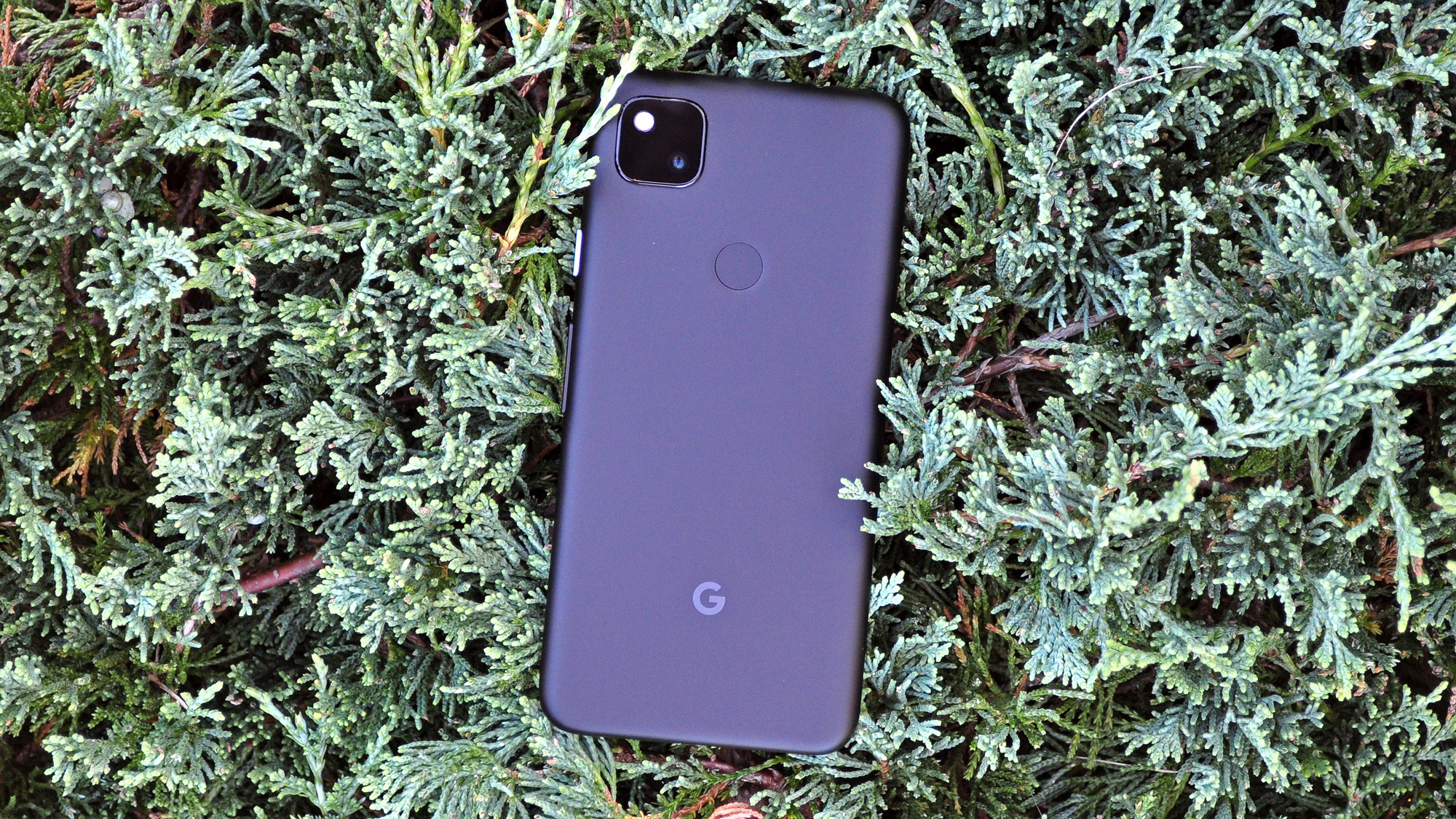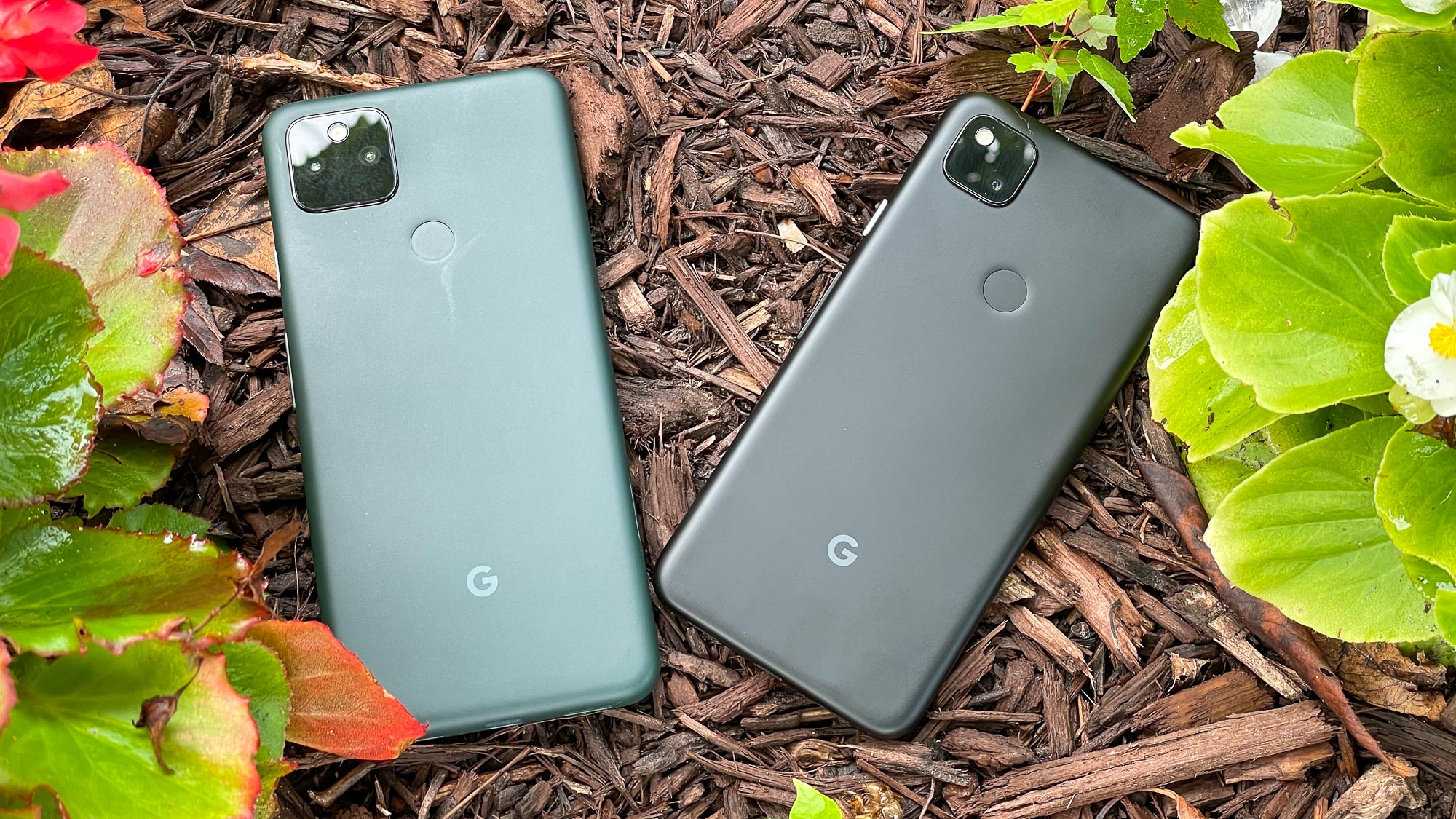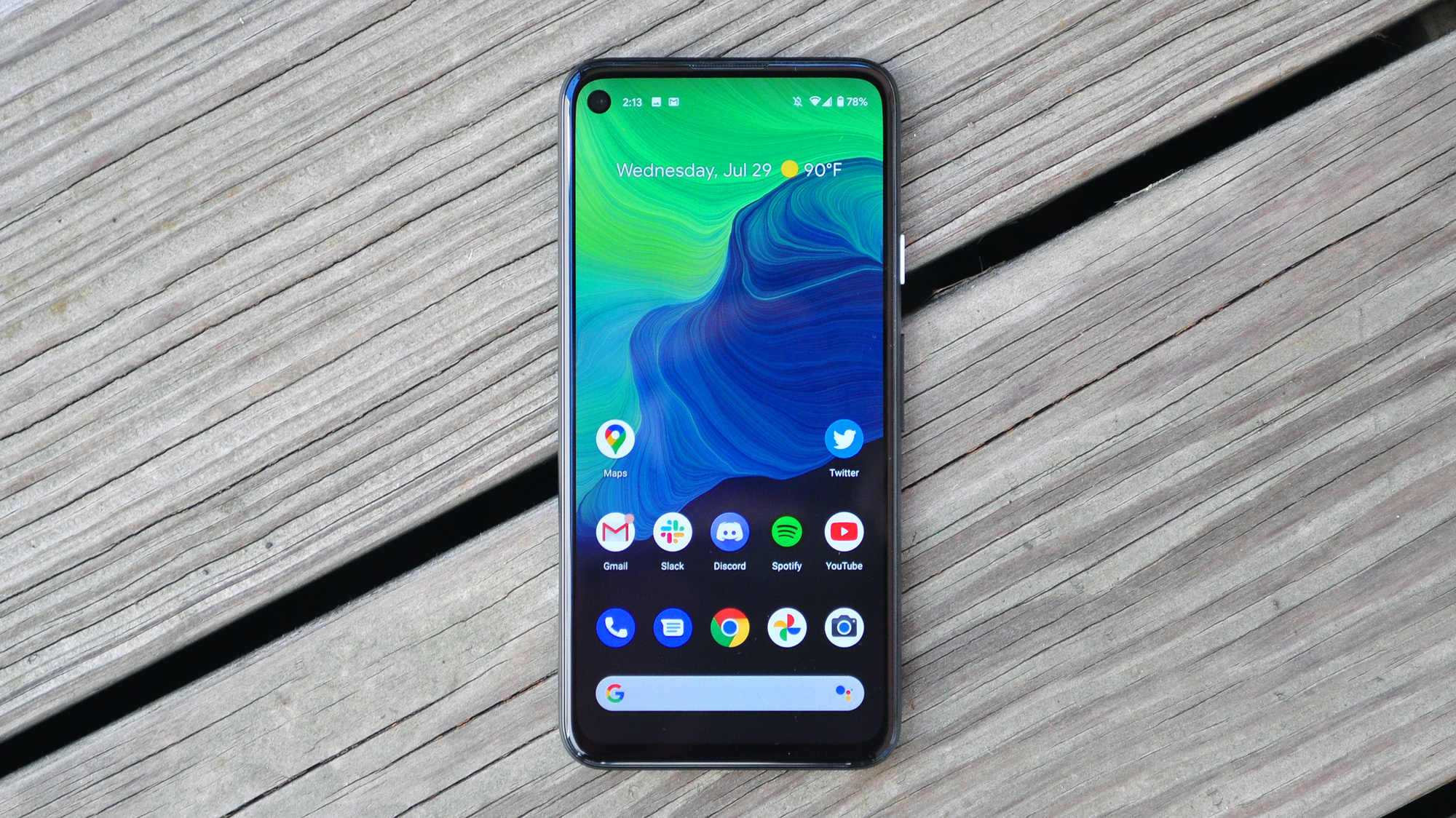RIP Google Pixel 4a — let's pour one out for the best cheap phone ever
The Pixel 4a has been officially discontinued

Google has officially discontinued the Pixel 4a. Rest in peace. The little budget device of 2020 was the epitome of the Android smartphone that could. For just $349, you got adequate performance and decent battery life, but more importantly, you got a camera that punched well above its weight.
In fact, we lauded the Pixel 4a as a budget handset revelation. It bore a function-over-form design with nothing fancy except its slim bezels surrounding the display. Its plastic construction was nothing to write home about, but the Pixel 4a got the job done, especially with its software support. Despite its bargain price, Google's phone enjoyed first-day access to the latest Android versions and security patches. And it's still got a year of platform updates left if you already own a Pixel 4a.
While the Pixel 3a and Pixel 3a XL before it were good phones, the 4a was a step above its predecessors. The Pixel 4a proved that Google knew how to make a budget device right, by giving buyers the best camera experience under $500 at the time. Even the iPhone SE (2020) couldn't compare in this area — though Apple's current low-cost iPhone stomped the 4a in the performance category.
Last year, I got to check out the Pixel 5a, the follow-up to the venerable 4a. Right off the bat, Google's latest A-series Pixel was noticeably larger with its 6.43-inch display. But it also had a bump in performance and an ultrawide rear camera lens to boot. It also cost $100 more than the 4a.

Strangely, though, the Pixel 5a was limited to the US and Japan. I figured that restriction had something to do with the chip shortage or supply chain issues. But now that the 4a has been laid to rest in terms of sales — it's still supported software-wise — my mind immediately goes to the upcoming Pixel 6a.
What the Pixel 4a's end means for the Pixel 6a
Google's next budget phone might be even more interesting than the Pixel 4a, if the price is right. Rumors suggest that the next A-series will have the same Tensor system-on-chip that powers the Pixel 6 series. This would be a very Apple-like move, since the iPhone SE (2020) had the same A13 Bionic chip that we saw in the iPhone 11. And we know by now that, while imperfect, the Tensor GS101 is solid performer, especially when it comes to AI and machine learning applications.
But what does that to do with the Pixel 4a's discontinuation? I think there are two hypotheses we can make from this. The first is that Google might be making room for the Pixel 6a — this much is obvious — but also that this discontinuation timeline could line up with rumors that Google will unveil the 6a at its Google I/O conference in May. If the Pixel 6a was slated for a late summer release like the last two A series phones, then why discontinue the 4a eight months before?
Get instant access to breaking news, the hottest reviews, great deals and helpful tips.

The second takeaway is a bit more far-fetched, but hear me out. The Pixel 5a had an availability problem, as I mentioned earlier. Discontinuing the A-series model that was available internationally could mean that Google will release the 6a in more markets, namely Europe, India, and South America. I think that the 4a being put out to pasture makes room for the 6a to swoop in and fill the gap the two-year-old phone leaves.
Google could have also just run out of Pixel 4a stock and didn't want to make any more. That's probably the most likely explanation, but it's fun to speculate. Business decisions like canceling an older model are very involved, so Google probably has a multitude of reasons for this.
Regardless, I hope we get the Pixel 6a sooner rather than later. While a May launch for the Pixel 6a would mean the 5a enjoys less than a year in the sun, I'm pretty excited for the 6a. The possibility of Tensor at an even more affordable price than the $599 Pixel 6 is just thrilling.

Jordan is the Phones Editor for Tom's Guide, covering all things phone-related. He's written about phones for over six years and plans to continue for a long while to come. He loves nothing more than relaxing in his home with a book, game, or his latest personal writing project. Jordan likes finding new things to dive into, from books and games to new mechanical keyboard switches and fun keycap sets. Outside of work, you can find him poring over open-source software and his studies.
 Club Benefits
Club Benefits





